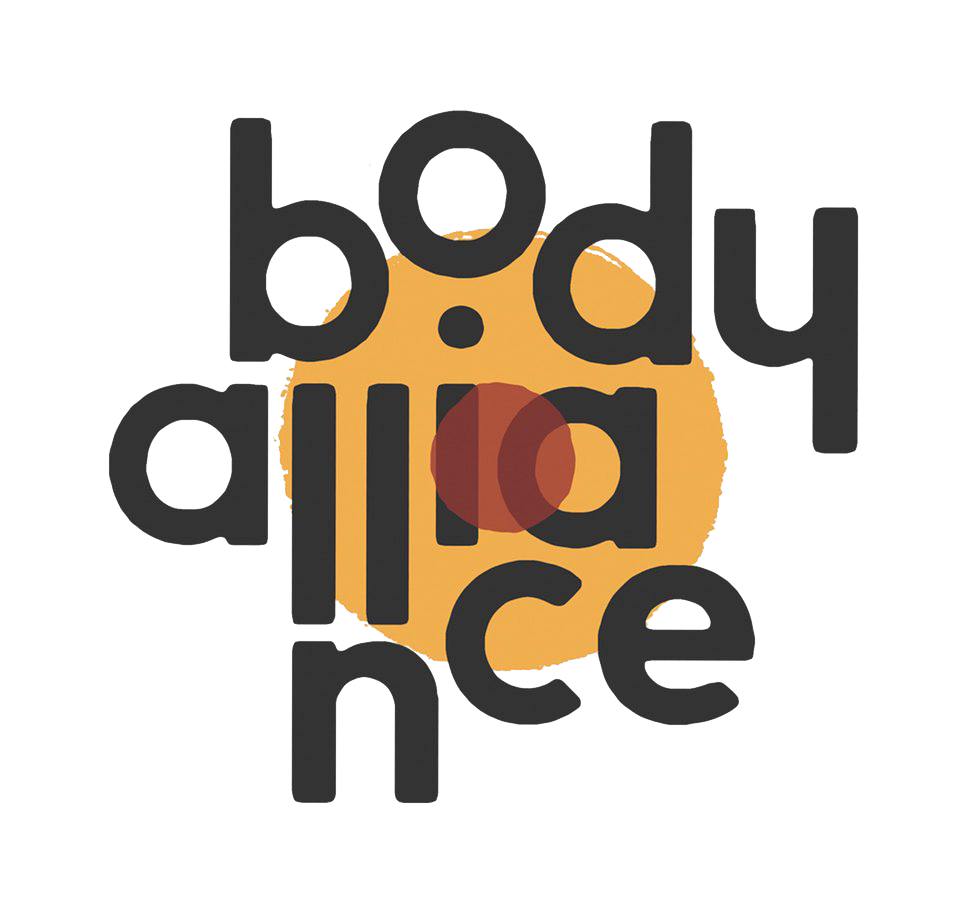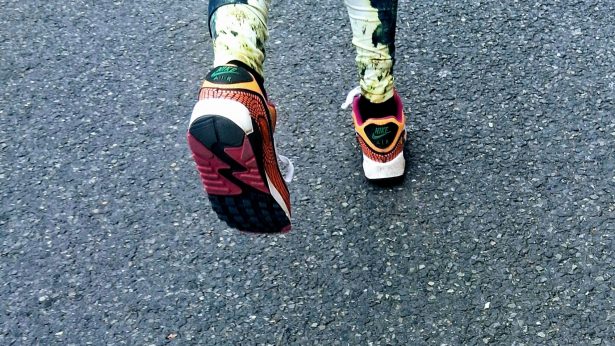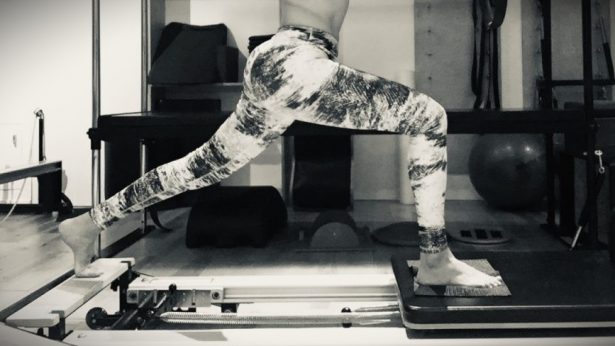As a physiotherapist, I find immense pleasure in guiding runners toward workouts that not only enhance their running ability but also protect their bodies against the challenges of the track.
In this article, I’ll share insights into some of the best workouts tailored for runners. They are aimed at improving endurance, strength, and injury prevention, whilst enhancing performance.
Strength Training for Structural Integrity:
Strength training forms the basis of workouts that resonate with runners. Engaging in exercises that target major muscle groups – such as squats, lunges, deadlifts, and planks – creates a solid foundation of strength that supports the running body. Strong core muscles and stable hips contribute to efficient biomechanics and reduced injury risk.
Cross-Training for Versatility:
Diversifying your workouts through cross-training not only prevents monotony but also improves different muscle groups. Activities like swimming, cycling, and yoga enhance flexibility, cardiovascular endurance, and overall body conditioning. These workouts provide a welcome break from the impact of running while promoting a balanced musculature.
Plyometrics for Explosive Power:
Plyometric exercises, characterised by explosive movements like box jumps and burpees, are valuable additions to a runner’s regimen. They improve neuromuscular coordination, enhance power output, and better running economy. However, proper technique and progression are crucial to avoid overexertion.
Interval Training for Speed and Endurance:
Interval training, alternating between intense bursts of effort and periods of rest, is a great tool for boosting speed and cardiovascular fitness. Fartlek runs, hill sprints, and track intervals challenge the body’s limits while developing the ability to sustain high intensities – a skill invaluable to both sprinters and long-distance runners.
Mobility and Flexibility for Fluidity: Mobility exercises and dynamic stretches promote joint health, flexibility, and optimal range of motion. Incorporating movements that target the hips, ankles, and spine ensures that runners move with fluidity and ease, reducing the risk of overuse injuries.
Recovery Work for Regeneration: Recovery is a vital aspect that runners often underestimate. Foam rolling, active recovery sessions, and techniques like yoga and Pilates help in releasing muscle tension, restoring muscle balance, and facilitating overall recuperation.
Tailoring Workouts to Individual Needs:
As a physiotherapist, my approach to recommending workouts for runners is deeply rooted in the individual. Each runner’s body, goals, and injury history are unique, and so, a customised plan that addresses their specific needs is essential. A comprehensive assessment guides the selection of exercises, taking into account factors such as muscle imbalances, gait analysis, and current fitness levels.
In conclusion, quality in running is intrinsically linked to the effectiveness of workouts that accompany it. As a physiotherapist, my aim is to empower runners with workouts that transcend routine and elevate their potential. By embracing a holistic approach that includes strength, versatility, power, endurance, fluidity, and recovery, runners can carve a path toward not only optimal performance but also enduring well-being.
Book an appointment with one of our Physiotherapists here and get back to running!



